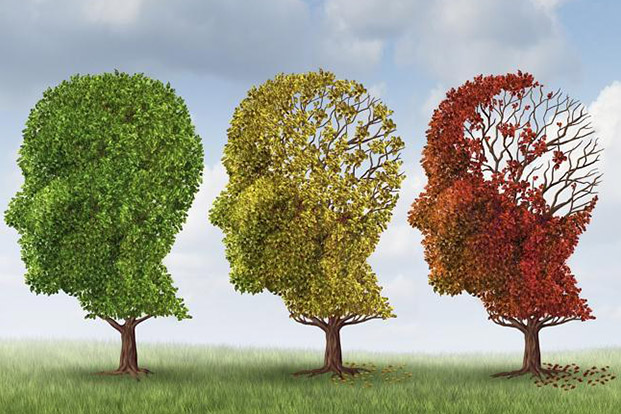ALZHEIMERS – DON’T DELAY DIAGNOSIS AND BE OPEN TO SUPPORT
Apr 19, 2022
Alzheimer’s as we know is a problem related to memory, and is mostly encountered in old age (6th or 7th decade).The prevalence of Alzheimer’s is underestimated. Reasons for delayed diagnosis are many.
- First and the foremost is general belief amongst people that forgetfulness is a normal part of ageing.
- Neglect of elderly due to busy lifestyle
- Scarcity of health care resources
- Unwillingness of family to spend resources on elderly
- Overall poor condition in general public.
These factors play a crucial role in diagnosis of Alzheimer’s disease. Family usually seeks medical attention when patients’ problem become unmanageable in form of violent behavior, difficulty in restraining patient, wandering away from house, inconvenience of urine and stool, getting lost, inappropriate social behavior , etc occur.
Alzheimer’s can be frustrating:
Families who adapt to support their elders are battered by the everyday battles. Medication, support, care are aspects that are needed on continuous basis by the patients. The results are even more frustrating as they are every day loosing the ability to recognize their loved ones and their efforts on making their lives comfortable. Every day efforts to remind them about their identity are also stressful for the family. But every supporting family should remember that they are not alone.
There is apathy even from the medical community, as the available treatments till now are not very effective. But nevertheless many aspects of behavior problems are manageable through medication, although disease primarily remains incurable; certain medicines can slow the progression of disease.

The caregiver is the hero:
The role of a care giver and support group is of prime importance in such situations. As the care giver’s burden is heavy because of – constant supervision of patient, sleepless nights, feeding and cleaning the patient- it needs tremendous efforts from government agencies to come up with adequate healthcare facilities. This is the need of the hour as elderly population is growing at a rapid rate and the society’s trend towards nuclear families is galloping.
The younger generations need to retain compassion and love towards their elders. This gradual change in perception with the assurance of the government and specialized agencies will only be helpful in changing the society’s attitude towards dependent citizens.








